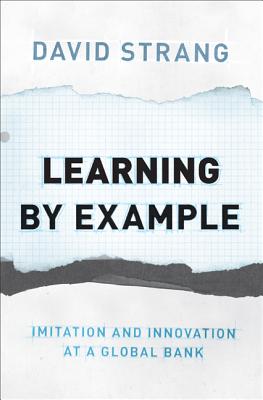Expedite your nonfiction book discovery process with Readara interviews, summaries and recommendations, Broaden your knowledge and gain insights from leading experts and scholars
In-depth, hour-long interviews with notable nonfiction authors, Gain new perspectives and ideas from the writer’s expertise and research, Valuable resource for readers and researchers
Optimize your book discovery process, Four-to eight-page summaries prepared by subject matter experts, Quickly review the book’s central messages and range of content
Books are handpicked covering a wide range of important categories and topics, Selected authors are subject experts, field professionals, or distinguished academics
Our editorial team includes books offering insights, unique views and researched-narratives in categories, Trade shows and book fairs, Book signings and in person author talks,Webinars and online events
Connect with editors and designers,Discover PR & marketing services providers, Source printers and related service providers

Learning by Example: Imitation and Innovation at a Global Bank
Business & Economics > Banks & Banking
- Princeton University Press
- Paperback
- 9780691171197
- 9.21 X 6.14 X 0.68 inches
- 1.03 pounds
- Business & Economics > Banks & Banking
- (Single Author) Asian American
- English
Readara.com
Book Description
In business, as in other aspects of life, we learn and grow from the examples set by others. Imitation can lead to innovation. But in order to grow innovatively, how do businesses decide what firms to imitate? And how do they choose what practices to follow? Learning by Example takes an unprecedented look at the benchmarking initiative of a major financial institution. David Strang closely follows twenty-one teams of managers sent out to observe the practices of other companies in order to develop recommendations for change in their own organization.
Through extensive interviews, surveys, and archival materials, Strang reveals that benchmarking promotes a distinctive managerial regime with potential benefits and pitfalls. He explores the organizations treated as models of best practice, the networks that surround a bank and form its reference group, the ways managers craft calls for change, and the programs implemented in the wake of vicarious learning. Strang finds that imitation does not occur through mindless conformity. Instead, managers act creatively, combining what they see in external site visits with their bank's strategic objectives, interpreted in light of their understanding of rational and progressive management.
Learning by Example opens the black box of interorganizational diffusion to show how managers interpret, advocate, and implement innovations.
Author Bio
David Strang’s research focuses on innovation and diffusion in the political, organizational, and scientific worlds. Recent projects include study of the evolution of the research article over time, the impact of social movements on Congressional voting, and computational models of the adoption and abandonment of management practices. Ongoing work examines obituaries appearing in the New York Times as a way of understanding what sorts of achievements are publicly celebrated.
Research
- Political Sociology & Social Movements
- Organizations & Economic Sociology
- Models and Methods for Dynamic Processes
- Evolution of the (Research) Article & Sociology of Science
Source: Cornell University - The Department of History
Videos
No Videos
Community reviews
No Community reviews

